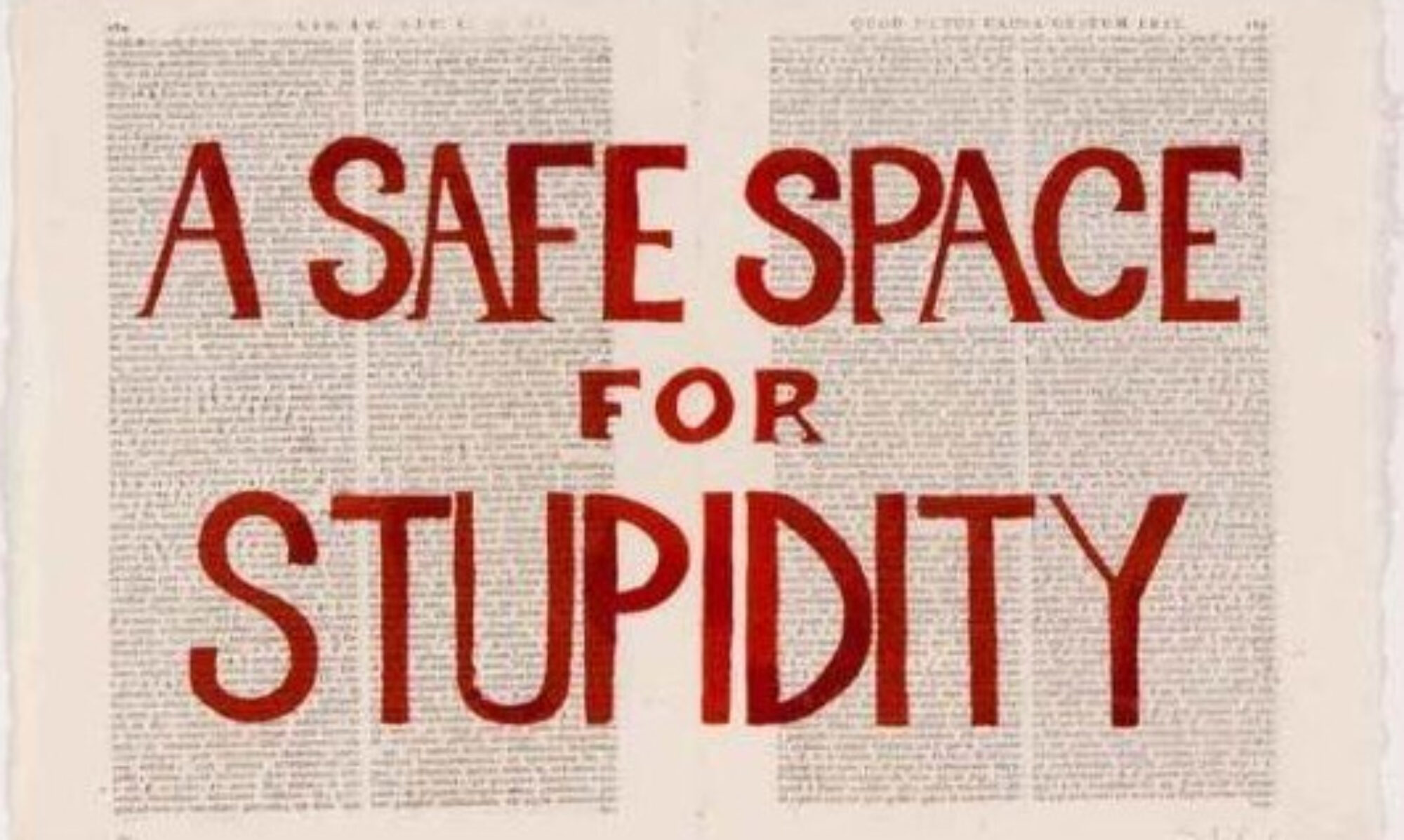[Letter from Gramsci to Trotsky, dated 8 September 1922, in Gramsci, Scritti politici, Editori Riuniti. First draft, liable to change, don’t rely on it.]
Here are the answers to the questions on the Italian futurist movement which you put to me.
After the war, the futurist movement in Italy entirely lost its characteristic traits. Marinetti dedicates himself very little to the movement. He has married and prefers to dedicate his energies to his wife. Presently monarchists, communists, republicans and fascists participate in the futurist movement. In Milan recently there was founded a political weekly Il principe [The Prince], which represents or aims to represent the same theories which Machiavelli preached for the Italy of the sixteenth century, that is that the struggle between local parties bringing the nation to chaos, should be set aside by a new absolute monarch, a new Cesare Borgia, who would place himself at the head of all of the disputing parties. The paper is led by two futurists: Bruno Corra and Enrico Settimelli. Even though Marinetti, in 1920, was arrested during a patriotic demonstration in Rome for a vigorous speech against the king, he now works with this weekly.
The most important pre-war exponents of futurism have become fascists, with the exception of Giovanni Papini, who has become Catholic and has written a Storia di Cristo [History of Christ]. During the war the futurists were the most tenacious supporters of “war to the end” and of imperialism. Only one futurist, Aldo Palazzeschi, was against the war. He has broken with the movement and, even though he was one of the most interesting writers, ended by renouncing literature. Marinetti, who had always eulogized the war far and wide, published a manifesto in which he demonstrated that war was the only hygiene for the world. He took part in the war as a captain of a tank battalion and his latest book, L’alcova di acciaio [The steel alcove], constitutes an enthusiastic anthem to tanks in war. Marinetti composed a pamphlet In disparte dal communismo [Apart from communism], in which he develops his political doctrines, if the fantasies of this man may be defined as doctrines, which is at times lively and is always remarkable. Before my departure from Italy the Turin section of Proletkult had asked Marinetti, on the occasion of the opening of an exhibition of paintings by worker members of the organization, to describe its significance. Marinetti happily accepted the invitation, visited the exhibition with the workers and expressed his satisfaction at being convinced that the workers had much more sensitivity to the questions of futurism than did the bourgeousie. The magazine Lacerba, which had a circulation of twenty thousand copies, was distributed four fifths among workers. During the many exhibitions of futurist art in the theatres of the great Italian cities it happened that the workers defended the futurists against the semi-aristocratic or bourgeouis youth, who were beating up the futurists.
Marinetti’s futurist group no longer exists. Marinetti’s old magazine Poesia [Poetry] is now directed by a certain Mario Dessí, a man without the slightest intellectual or organizational capacity. In the south, especially in Sicily, there are many futurist publications, in which Marinetti writes articles: but these are published by students who confuse futurism and ignorance of Italian grammar. The strongest group amongst the futurists are the painters. In Rome there is a steady exhibition of futurist painting, which has been organized by a failed photographer, a certain Anton Giulio Bragaglia, a film and art agent. Of the futurist painters, the most well known is Giacomo Balla. D’Annunzio has never officially taken a position on futurism. Note that during its rise futurism had a definite anti-D’Annunzio character. One of Marinetti’s first books was entitled Les Dieux s’en vont, D’Annunzio reste [The Gods Depart, D’Annunzio Stays]. Even though during the war the political programmes of Marinetti and of D’Annunzio agreed on many points, the futurists remain anti-D’Annunzio. They were nearly uninterested in the Fiume movement, even though later they took part in the demonstrations.
It may be said that after the peace agreement the futurist movement entirely lost its character and dissolved into different strands, which had formed as a consequence of the war. The young intellectuals were in general quite reactionary. The workers, who saw in futurism the elements of a struggle against the old, ossified, alien to the people, Italian academic culture, must now struggle, weapons in hand, for their freedom and have little interest in old disputes. In the large industrial cities the programme of Proletkult, which works for the revival of the creative spirit of the workers in literature and in art, absorbs the energy of those who still have the time and will to engage in such questions.
